RF Systems Engineering
The conveyance of information via electromagnetic propagation is an organizing theme for much of the research activities at KU EECS. For electromagnetic communications and sensing, the problem essentially is one of maximizing the capacity of this information on transmit, and then maximizing the accuracy of information retrieval on receive. The design of these electromagnetic (RF) systems thus require a complex convergence of engineering knowledge, such as electromagnetic propagation and scattering, microwave components and theory, signal processing, estimation and detection theory, and information and coding theory.
Program Objectives
- Understand the propagation of both bounded and unbounded electromagnetic waves.
- Understand the function of microwave components and transmission line theory.
- Understand the design and operation of microwave systems, including receiver and transmitter architecture, as well as antenna performance and function.
- Understand the theory and application of transmitting digital information via electromagnetic propagation.
- Understand the applications of signal processing for filtering , estimating, and detecting signals in a high-interference environment.
- Have the ability to effectively communicate complex, abstract concepts.
Associated Faculty
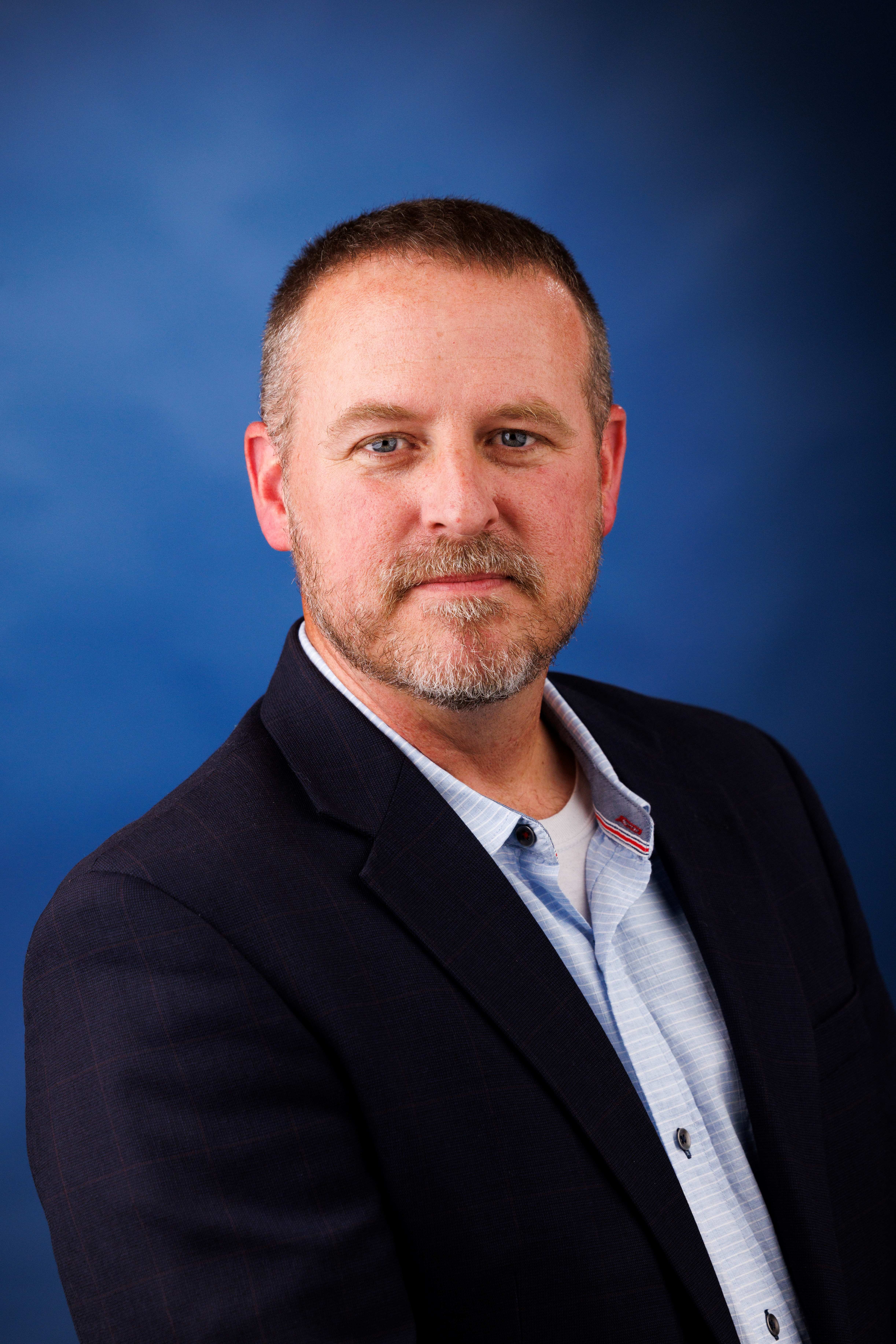
Primary Research Interests
- Adaptive Signal Processing for Radar and Communications
- Radar Waveform Optimization/Implementation
- Radar Pulse Compression
- Space-Time Adaptive Processing
- Array Processing
- Radar Spectrum Engineering
- Radar-Embedded Communications
- Interference Cancellation
- Multistatic Radar
- Biomedical Imaging
Advisory Positions
- U.S. President's Council of Advisors on Science and Technology (PCAST)
- Subject matter expert on RF spectrum for the White House Office of Science & Technology Policy (OSTP)
- Subject matter expert on RF spectrum R&D for the Office of the Under Secretary of Defense for Research & Engineering
- Subject matter expert on proactive RF spectrum sharing for the National Spectrum Consortium
- AFRL/IDA expert panel on RF spectrum warfare & communications
- Subject matter expert on radar/communication RF spectrum sharing for DARPA
- Consultant on radar waveform diversity for the Naval Research Laboratory - Radar Division
Affiliations
- IEEE AESS Radar Systems Panel (2007-2020)
- MSS Tri-Service Radar Symposium Program Committee (2010-present)
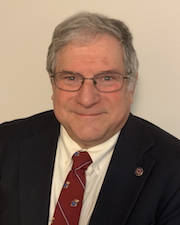
vsfrost@ku.edu
785-864-1028
http://www.ittc.ku.edu/~frost/
2054 Eaton Hall
Primary Research Interests
- Communication Systems and Networks
- Networking Simulation and Modeling
- Wireless Systems
- Internet Performance Analysis
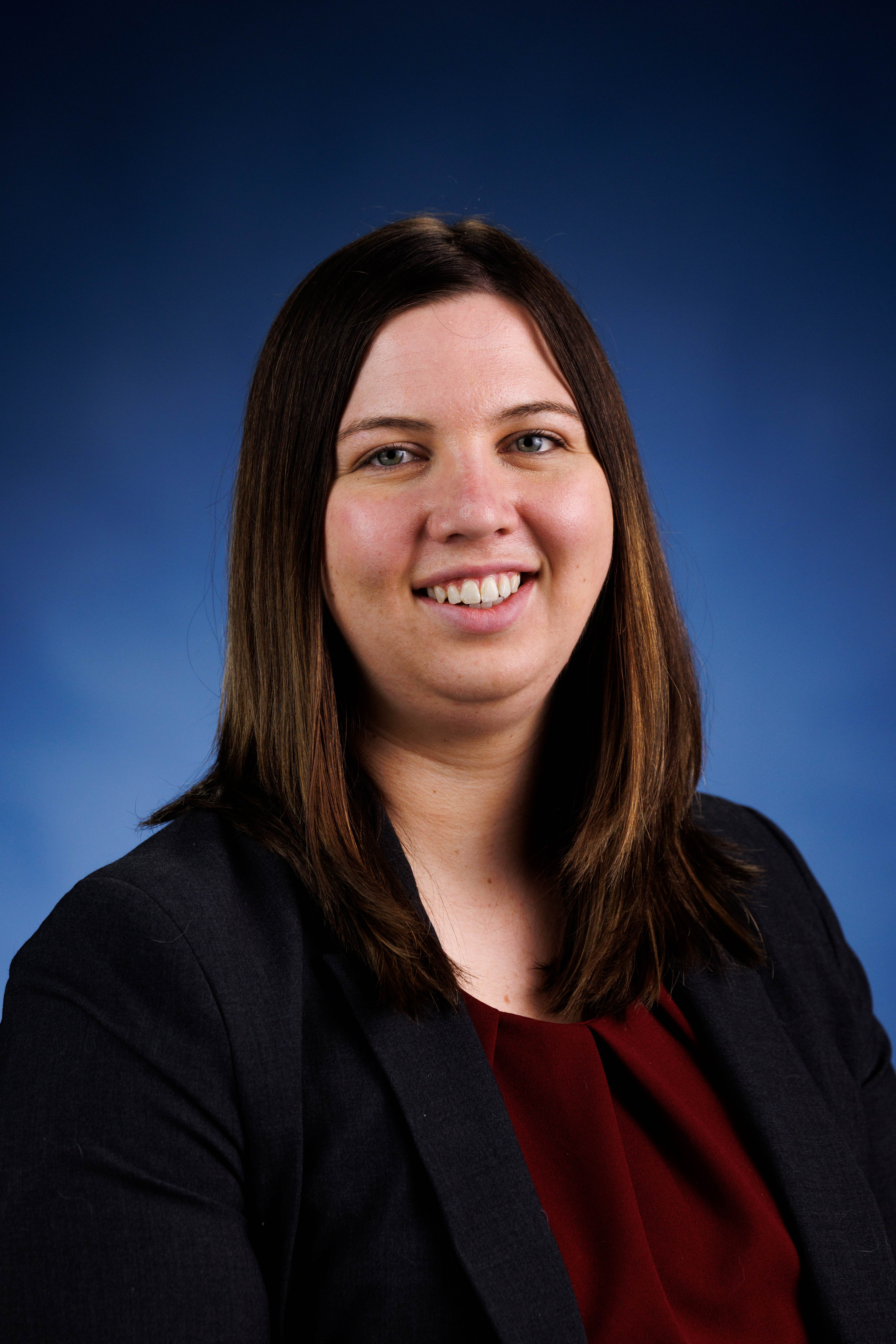
Primary Research Interests
- Radar Systems Design
- Applied Electromagnetics
- Biomedical Imaging Radar
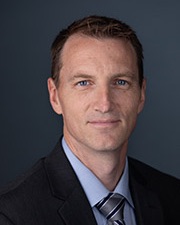
Department Chair
esp@ku.edu
785-864-4486
https://people.eecs.ku.edu/~esp/
2001G Eaton Hall
Primary Research Interests
- Digital Communication Theory
- Advanced Modulation Techniques
- Channel Coding
- Synchronization
- Multiple-Input Multiple-Output Communications
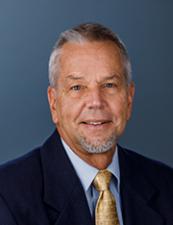
Associate Chair for Undergraduate Studies
dwp@ku.edu
785-864-8823
http://www.ittc.ku.edu/~dwp/
2001C Eaton Hall
Primary Research Interests
- Audio Signal Processing
- Network Performance
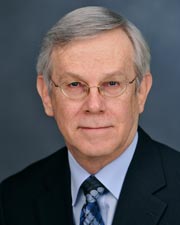
Primary Research Interests
- Software Radio Systems
- Spread Spectrum and Military Communication Systems
- Radio and Radar Signal Processing
- DSP Applications in Acoustics and Radio Signals
- Wireless Communication Systems
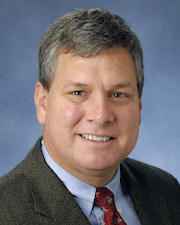
Primary Research Interests
All aspects of electromagnetic sensing, including:
- Radar Signal Processing
- Radar Remote Sensing
- Applications Estimation Theory in electromagnetic sensing
- Applications of Marginal Fisher's Information in sensor Design
- Ground-Penetrating Radar
- Wave Propagation and Scattering
Associated Facilities
- Optical spectrum analyzer
- 50GHz microwave network analyzer
- 40GHz digital oscilloscope
- Tunable laser sources and optical filters
- 40Gb/s and 12 Gb/s BERTs
- Electro-optic modulators, WDM multiplexers, demultiplexers
- High-speed photodetectors
- Commercial WDM systems
- High-speed digital T/R rooftop antenna
- 360 km of fiber installed for systems-level testing
- DSP rapid prototyping system
- Circuit board fabrication facility
- Logic analyzers
- Network analyzers
- Spectrum analyzers, oscilloscopes, and function generators
- Prototype PC board fabrication tools
- RF signal generators
- Communications link simulator- Simulink
- Variety of DSP and EM design tools
- Xilinx and Altera FPGA/SoC prototyping systems
- Synplicity and Xilinx FPGA synthesis tools
- ModelSim VHDL/Verilog simulation tools
- Prototype PC board fabrication tools
- Simulink
- Computational cluster with over 1,000 processors connected to 37 TB of on-line storage
Core Coursework (MS)
Courses
Elective Coursework (MS)
Courses
Note:
Other Electives: No more than one MSIT course at the Edwards Campus from the following list.